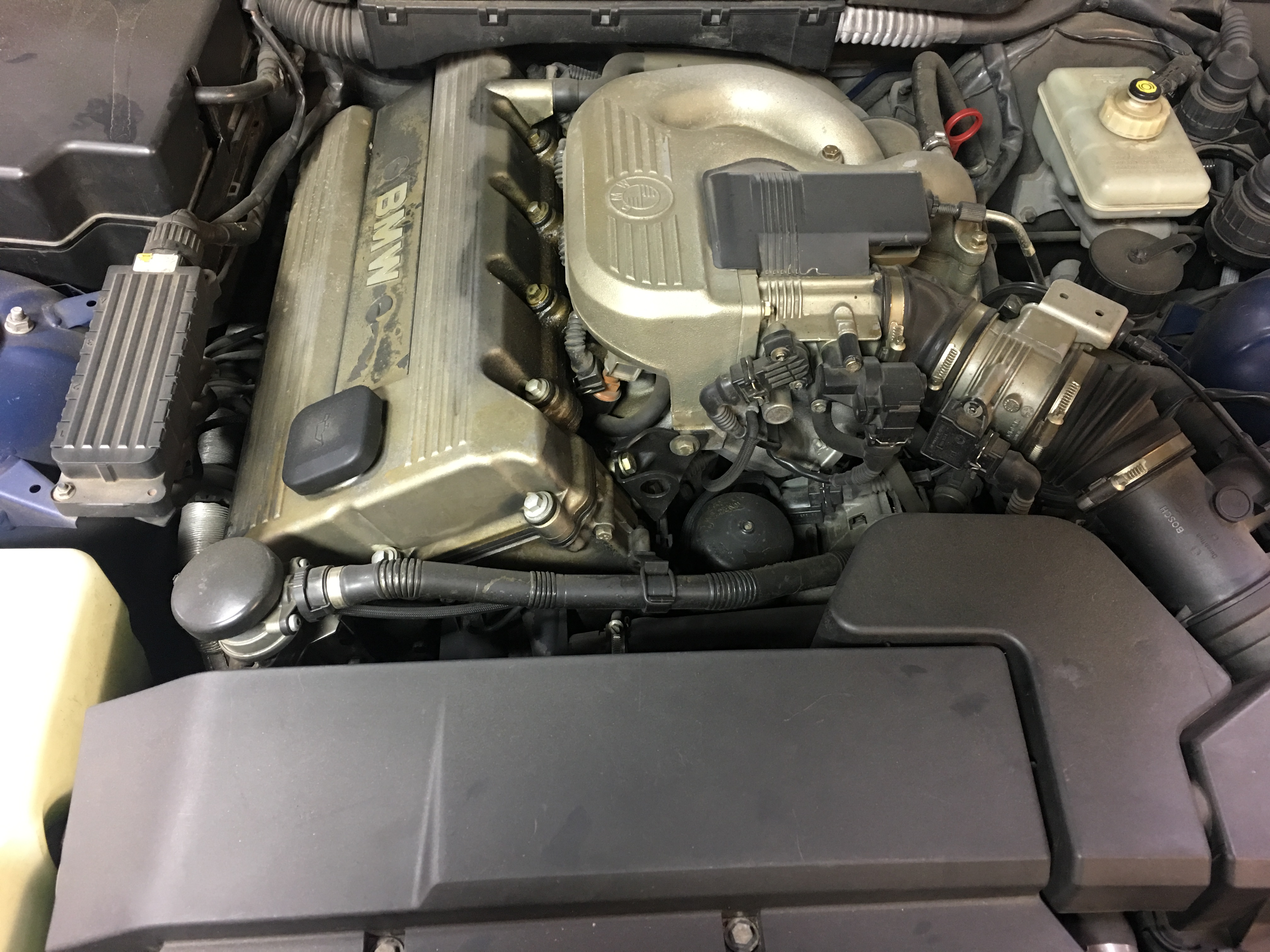The BMW 318ti: A Blend of Design, Comfort, and Efficiency
The BMW 318ti: A Blend of Design, Comfort, and Efficiency
Blog Article
Important Considerations for Picking the most effective Engine for Your Demands
In the world of choosing the optimal engine to fulfill your requirements, several vital factors need careful factor to consider to ensure optimal performance and effectiveness. From the nuanced equilibrium between power and efficiency to the often-overlooked facets of upkeep and solution needs, each facet plays a pivotal role in identifying the most appropriate engine for your certain demands.
Power and Efficiency
When reviewing engines for optimum efficiency, it is essential to prioritize both power outcome and effectiveness. Power outcome measures the capability of an engine to generate energy, which straight influences its efficiency. A high power result is crucial for requiring jobs such as durable applications or high-speed demands. It ensures that the engine can handle the work properly and effectively. Power alone is not enough; effectiveness plays a considerable role in establishing the general efficiency of an engine. Efficiency refers to exactly how well the engine transforms gas right into usable power. An extra effective engine will provide better gas mileage, reduced emissions, and lowered operating expense. Striking the best equilibrium between power result and effectiveness is key to picking an engine that satisfies your specific requirements. When making this choice, it is vital to consider aspects such as the planned use of the engine, ecological influence, and long-lasting price implications. By meticulously assessing both power and performance, you can choose an engine that supplies ideal performance and satisfies your needs efficiently.
Fuel Performance and Economic Situation
Fuel performance refers to the engine's capacity to transform fuel into energy with minimal waste, straight influencing operating expenses and environmental sustainability. Engines with higher gas performance not just reduce fuel expenditures however also reduce carbon exhausts, adding to a greener procedure.

Compatibility and Application
Taking into consideration the fuel effectiveness and economy of an engine, the following essential facet to address is its compatibility and application within specific operational contexts. Compatibility refers to just how well the engine incorporates with the overall system or devices it powers.
In addition, the application of the engine is similarly crucial. Various engines are developed for certain objectives, whether it be industrial machinery, marine vessels, automobiles, or power generators. Recognizing the designated application permits for the option of an engine that can deliver the required power outcome, torque, and functional features. For example, a high-revving engine developed for performance cars and trucks would certainly not appropriate for heavy-duty building tools that calls for high torque at reduced rates.
Upkeep and Service Demands
Upkeep and service demands play a crucial function in making certain the durability and ideal efficiency of an engine. Regular maintenance is vital to avoid malfunctions, expand the lifespan of the engine, and preserve its efficiency. When choosing an engine, it is important to think about the supplier's recommended maintenance schedule and the accessibility of solution facilities or certified technicians.
Elements such as the regularity of oil modifications, filter substitutes, and total navigate to this website inspections can considerably affect the engine's efficiency. Some engines might call for even more constant maintenance based upon their style and use, while others might have longer periods in between upkeep checks. It is essential to comply with these solution demands to prevent expensive repair services and unforeseen downtime.
Expense and Budget Considerations
When picking an engine for a certain application,Budget plan restraints typically play a significant function in the decision-making process. When thinking about the price and budget implications of picking an engine, it is vital to assess not only the initial acquisition rate however likewise the lasting expenditures related to upkeep, gas intake, and possible upgrades or fixings. It is crucial to strike a balance in between the upfront cost of the engine and its total lifecycle costs to ensure that the chosen engine remains economically sustainable throughout its operational life-span.
Factors such as fuel dependability, sturdiness, and efficiency can straight affect the overall price of ownership of an engine. While a more costly engine may have greater ahead of time costs, it could potentially result in lower maintenance and fuel expenses over time, therefore providing better worth in the long run.
Verdict

Fuel effectiveness refers to the engine's capacity to convert fuel why not look here right into energy with very little waste, straight influencing operating costs and ecological sustainability.Variables influencing fuel effectiveness include engine style, burning efficiency, and overall performance optimization. In addition, picking the appropriate fuel kind and quality as recommended by the engine producer click this site can additionally boost efficiency and prolong engine life expectancy.
Engines with great serviceability functions and easily available parts can decrease upkeep expenses and decrease the time the engine is out of procedure - bmw 318ti. It is important to strike an equilibrium in between the in advance price of the engine and its total lifecycle prices to guarantee that the selected engine stays monetarily lasting throughout its functional life expectancy
Report this page